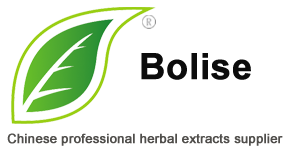Pharmacognosy
Pharmacognosy is the study of medicines derived from natural sources. The American Society of Pharmacognosy defines pharmacognosy as "the study of the physical, chemical, biochemical and biological properties of drugs, drug substances or potential drugs or drug substances of natural origin as well as the search for new drugs from natural sources.
The word "pharmacognosy" derives from the Greek words pharmakon (drug), and gnosis or "knowledge". The term pharmacognosy was used for the first time by the Austrian physician Schmidt in 1811. Originally - during the 19th century and the beginning of the 20th century - "pharmacognosy" was used to define the branch of medicine or commodity sciences ("Warenkunde" in German) which dealt with drugs in their crude, or unprepared, form. Crude drugs are the dried, unprepared material of plant, animal or mineral origin, used for medicine. The study of these materials under the name pharmakognosie was first developed in German-speaking areas of Europe, while other language areas often used the older term materia medica taken from the works of Galen and Dioscorides. In German the term drogenkunde ("science of crude drugs") is also used synonymously.

 Asia Bio-Pharmaceutical Research Institute
Asia Bio-Pharmaceutical Research Institute Bolise Co., Ltd.
Bolise Co., Ltd.

